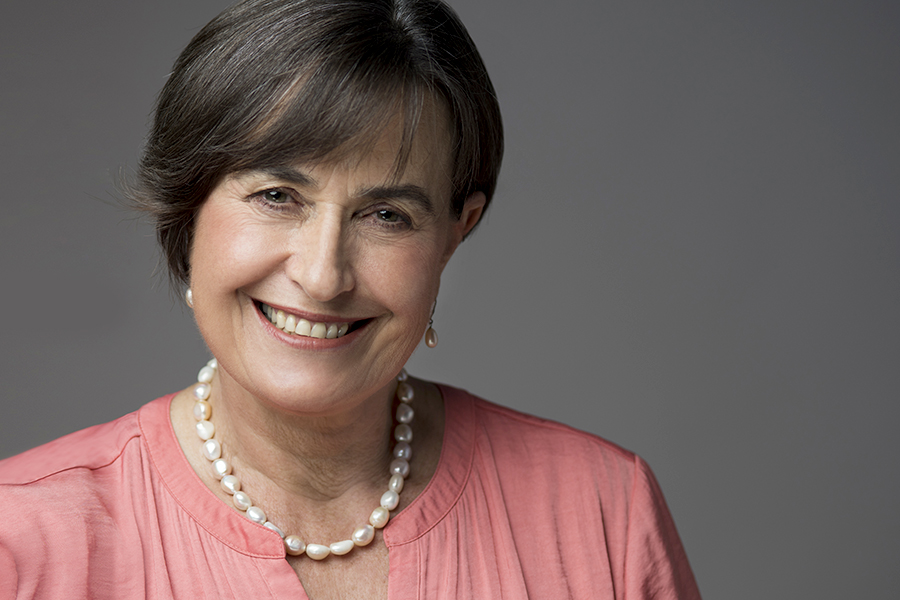
Stevi Lowmass, Founder, The Camel Soap Factory
Founder of UAE-based local business The Camel Soap Factory, Stevi Lowmass urges support towards small local business and recommends pivoting as an option, as COVID-19 pandemic has severely affected businesses around the world, especially small and medium enterprises (SMEs).
The Camel Soap Factory specialises in hand-made, ethical, camel milk soaps. These soaps come in beautiful packaging, reflecting regional heritage, and are targeted towards the tourist market. As the pandemic spread, it became clear to Lowmass they the business would have to pivot.
Pivot to leverage new opportunities
“We started seeing a downturn since end of January 2020 as the tourist footfall declined, with the travel market being our primary audience. That a problem was brewing became amply evident to us. We literally lost our entire customer base,” shares Lowmass. “But on the upside, we found an opportunity to address a completely different market, a totally new market segment with a new range of products. Initially, we started offering discounts on existing products, but soon launched new products that will be sold on a direct to consumer (DTC) model. So, we completely realigned business goals.”
The Camel Soap Factory has decided to turn focus towards the local markets – UAE and GCC – with a beautiful range of milled soaps, to be sold at attractive price points. Additionally, The Camel Soap Factory has released a new skin cream, called Face Rescue Cream, and will be bringing to market, other hand and body creams. “Our original camel milk product range came in beautiful packaging reflecting the regional heritage, aimed as gifting items. Now, that we are turning focus towards the local consumer, packaging will become different, more efficient. We have launched a sanitiser product and will offer a liquid soap too,” Lowmass shares.
Widen channels to reach more people
Besides being available at duty-free outlets, The Camel Soap Factory products are also available at Carrefour, Spinneys and Waitrose in addition to its own e-commerce channel.
“Online accounted for a tiny part of our business, but now we have shifted focus towards e-commerce. We are trying to expand our online presence by signing with marketplaces like Kibsons, Mumzworld.com, Amazon.ae and noon.com. The online channel will not replace our offline business, but can bring in significant income,” Lowmass opines.
Support local small businesses
Staying with partnerships, Lowmass also believes in supporting other local, home-grown businesses. “The approach is three-fold – personally purchase from small, local businesses like we have been supporting Fruitful Day. Business-wise, we are dependent on other local businesses to survive – for shrink wrapping, printing and delivering – and we are doing whatever it takes to support them to stay afloat. Finally, we are trying our best to communicate to people, consumers, about the importance of buying from small, local businesses,” she explains.
With SMEs accounting for a significant portion of the UAE business landscape, if variety is lost it will become boring. In the absence of small, local businesses, the retail environment will lose diversity.
Relief packages are yet to make a difference
While governments have announced relief packages, and several entities are pledging support towards SMEs, “precious little” is coming their way.
“It is a bit of a disaster for small businesses,” admits Lowmass. “I’ve been speaking to certain government entities and banks, but very little is coming our way. We are getting some very small relief. Mashreq Bank, for example, offered us relief on credit card payment for the next two months. Most banks are probably looking at deferment on loan repayment. And most small businesses like us are not funded by loans, but shareholder equity and cash in the business. So, when a crisis like this happens, we have to go out to get loans. With interest rates quoted at 23-24%, it is outrageous. Whatever fund is available is probably being used to support existing loan facilities.”
“Government announced relief measures are also yet to filter down to us,” Lowmass continues. “Even with direct intervention from government agencies, we are not able to see any real benefit. We are still paying the same amount for visa costs and renewal of business operating permit.”
“All this makes me realise that we, as a business, have to pivot. We have to take that responsibility, and have to support the business using personal funds. Thus, we had to quickly react and take actions, some of which were harsh. We had to make some people redundant and reduce salaries too,” Lowmass concludes.
For all the latest retail news from Middle East, follow us on Twitter and LinkedIn, like us on Facebook and subscribe to our YouTube page.
Notifications